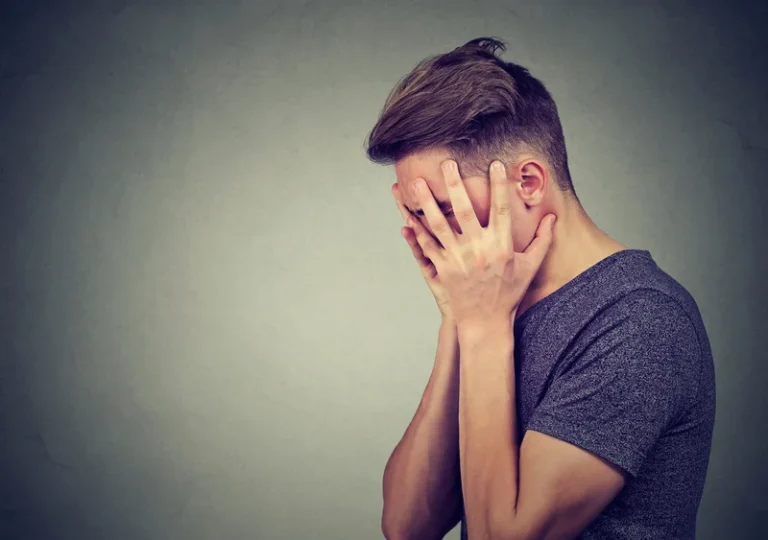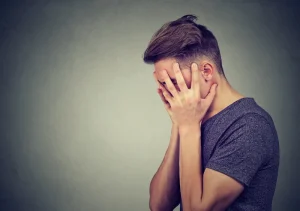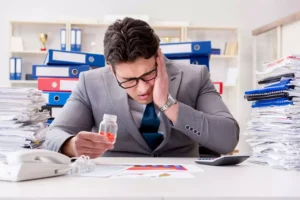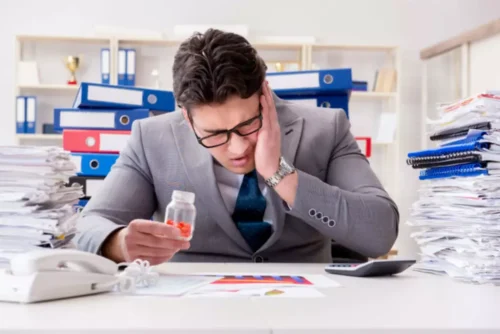
The bottom line is that once someone is in recovery, they need to say ‘No’ https://ecosoberhouse.com/ to any and all drugs, alcohol or other mind altering substances. Mental health conditions may be a significant internal trigger, especially if you have an undiagnosed mental health disorder. Below are some common internal and external triggers that you may face after leaving a recovery center.
For Loved Ones
Family and friends often tempt those in recovery to consume alcohol because they are under the misconception that one deviation from the treatment plan will not be detrimental. It’s key to remember that these are not failures and shouldn’t be termed as such. Obstacles in recovery are often caused by insufficient coping skills or an inability to plan effectively. These issues can be fixed, and people should learn to challenge their outlook by giving equal attention to past successes.
What Is the Cycle of Addiction?
- Recognizing these triggers and learning how to handle them can help you regain and maintain long-term sobriety.
- Issues like arguments, financial disagreements, or misunderstandings with family and friends can escalate stress and negative emotions.
- Addiction happens because the use of drugs or alcohol makes a person feel better in some way.
- As a result, certain cues immediately flip the switch on the association and activate the craving reflex in response to external or internal triggers.
By managing pain effectively without resorting to addictive substances, you can maintain your recovery and avoid relapse. The triggers listed above might not apply to everyone and could vary depending on individual circumstances. Learning your own specific triggers can be important in relapse prevention planning and can help you manage cravings and triggers when they occur.
Exposure to substances or peer pressure

These are 10 of the most common triggers in addiction recovery, along with quick tips on how to avoid them. Addiction is a chronic brain disease with a relapse rate similar to that of other chronic conditions like diabetes. When people stop their treatment plans for chronic conditions, they are more likely to relapse. Using drugs or alcohol over the long term builds associations between a person’s daily routine and their experiences with intoxication. As a result, certain cues immediately flip the switch on the association and activate the craving reflex in response to external or internal triggers in recovery.
Individualized, evidence based treatment, to fit your needs.

Therefore, if you’re in a drug and alcohol recovery stage, this environment can inspire you to feel celebratory and want to participate. Having a support system that includes friends and family is one of the main ingredients for a sober life. However, there are most likely people in your life who encouraged your substance abuse in the past, and you have most likely tried to avoid them.
- One of the biggest risks during drug recovery is that someone who is recovering from using a substance willrelapseand begin taking that substance again.
- Addiction is a chronic brain disease with a relapse rate similar to that of other chronic conditions like diabetes.
- While we can’t – and shouldn’t – completely avoid feelings of anger, we can change the way we manage and process these feelings.
- Understanding what might trigger you to relapse as well as having a plan in place for these triggers are the first steps toward prevention.
- Dangerous beliefs, like the idea that one can handle substance use without consequences or the trivialization of sobriety, can significantly undermine recovery efforts.
What to do when you experience stress
While it is difficult to step away from friends, family, and loved ones; sometimes, you may have to keep them at an arm’s length. In the process, you will be able to better maintain your abstinence and find it easier for you to recover. As a newly-sober substance abuser, you may have a lot of negative emotions circulating around in your mind. While you may feel motivated and hopeful at this stage, you are also likely to be experiencing a certain level of sadness, guilt, shame, anger and loneliness. Building a repertoire of relapse triggers list engaging pastimes helps fill idle moments and reduces the likelihood of turning to substances for stimulation. Navigating recovery from any form of addiction can be a challenging journey, especially when relapse happens.
Relapse Risk Factors
All of this will assist you with protecting your recovery to avoid a potential relapse. A strong and supportive network of people can serve as an anchor in your recovery. Therefore, creating a community is an important part of living your new sober lifestyle. Without question, reluctance to reach out to others can lead to social isolation and a sense of loneliness. The acronym HALT is commonly used in the field of chemical dependency counselors.
- Reminiscing about or dwelling on memories of past substance abuse is one of the brightest red flags in terms of triggers and relapse.
- During a relapse, individuals often go back to their old behavior and experience negative consequences.
- Getting appropriate treatment for these conditions will go a long way toward helping you process negative emotions and feelings of intense anxiety.
- Check out our blog for additional insights and strategies to stay on track and build a brighter future.
- These addiction relapse triggers can vary from person to person and can be incredibly powerful, leading to an increased risk of addiction relapse.
Positive mindsets foster resilience, Halfway house while negative or risk-prone thoughts can lead to vulnerable scenarios. Self-efficacy—the belief in one’s ability to manage recovery—is crucial; low self-efficacy increases the likelihood of surrendering to high-risk thoughts and eventually relapsing. Global statements like “This action proves I am a failure” are harmful and can cause negative feelings that trigger a relapse. Without other people around, it can become easier to talk yourself into drug or alcohol use and rationalize it. Some studies have indicated that mindfulness-based relapse prevention skills can be an effective way to deal with emotional triggers. Being able to identify triggers and implement healthy ways to manage them will be critical skills for your recovery journey.

A relapse prevention plan is an essential tool in sustaining sobriety and avoiding setbacks in the recovery journey. Creating and adhering to a personalized relapse prevention plan can help in reducing the risk of reverting to substance use. Identifying relapse triggers is a critical step in maintaining sobriety, and at Legacy Healing Center, we’re here to guide you every step of the way. If you’re ready to take the next step, contact us here to learn how we can support your journey. Check out our blog for additional insights and strategies to stay on track and build a brighter future.

It may seem obvious to point out that drug and alcohol cravings can trigger a relapse, but it is worth discussing so that you can develop a plan for dealing with these triggers. Both types of triggers present unique challenges that can derail a recovery process. Understanding how these triggers affect you is vital to avoid potential relapse. Gatehouse Treatment would like to help you overcome your relapse triggers.
